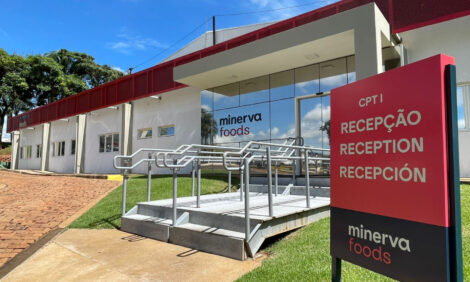



Beef, dairy industries face challenges -seminar told
GUYANA - Local beef exporters would need to ensure that beef products are competitive in quality, price and service. Moreover, everyone in the supply chain from pasture to plate - meat importer, shipper, exporter, abattoir owner, and cattle farmer - had to make an acceptable profit.The seminar was hosted by the United States Embassy, Georgetown, in collaboration with the Partners of the Americas - Worldwide Farmer to Farmer Program, and conducted by a team of four volunteer specialists from the United States. The specialists focused on opportunities and challenges for local meat and dairy products.
Three of them were from North Carolina State University - team leader Dr Benson, Associate Professor and Extension Economist; Dr Steven Washburn, Professor and Extension Specialist; and Dr John Rushing, Professor/Food Science Extension Leader; and Dr Francis Higdon, Senior Lecturer in Community Economic Development, Pennsylvania State University.
Safety and quality
Dr Rushing pointed out that safety and quality of meats went hand in hand with the development of the export market. According to the release, he noted that in Guyana's effort to access overseas markets there were roles for government as well as the private sector. Government roles included setting and enforcing a set of rules for the safety and wholesomeness of the product. And for meat exports these rules covered the issues pertaining to the construction, maintenance and operation of abattoirs. He said that government needed to work along with the industry to adopt standards that harmonized with those of trading partners; provide a regulatory structure to produce acceptable levels of health protection; and provide oversight to ensure food safety in the importing countries.
Source: Stabroek News


